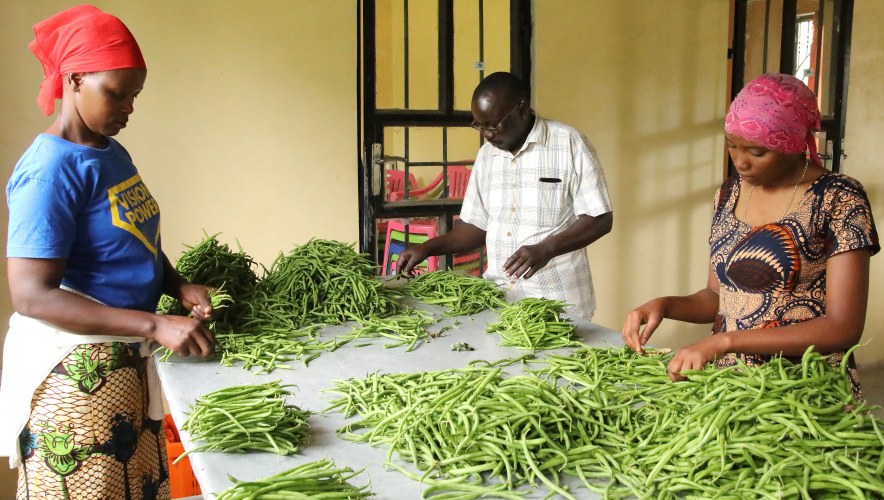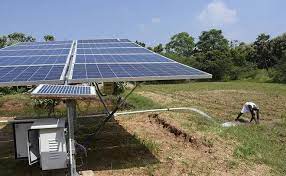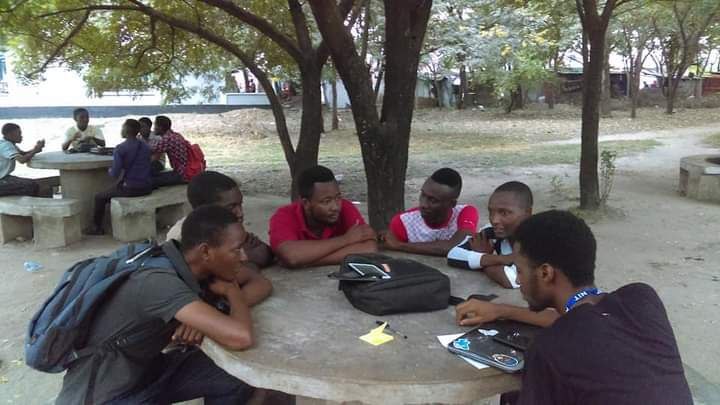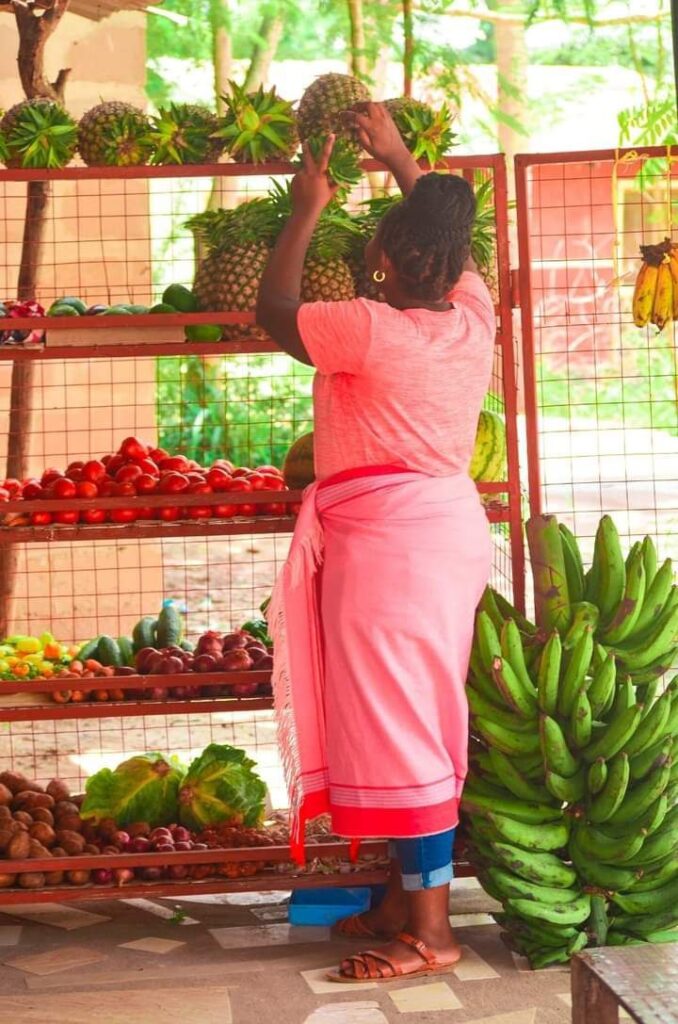Posted by tef dar-es-alaam September 10, 2022

In sub-Saharan Africa, smallholder farmers earn less than $1.90 a day on average and are often excluded from decision-making. They contribute significantly to the labor force, with women and youth playing a major role in processing and selling produce and products. The lack of access to sustainable and affordable energy technologies and services is a core problem that prevents efficient farming and preserving agricultural products.
The Tanzania Entrepreneurship Foundation (TEF) and Inspiring for Better Business (IBB) are partnering to promote the productive use of energy (PUE) in Tanzania to address these issues. The project aims to incorporate the use of renewable energy technologies and services for irrigation, cooling and drying for smallholder farmers in dairy and horticultural value chains to increase productivity, improve nutrition, and enhance incomes. The project is focused on identifying and piloting scalable, innovative PUE business cases for smallholder farmers and related local businesses. Smallholder farmers, agri-businesses, and solar enterprises will receive access to solar energy solutions and technological know-how.
TEF’s work in the water sector aims to provide a holistic and inclusive approach to water, based on a water cycle perspective and good governance, aligned with the UN’s Sustainable Development Goals (SDGs). TEF offers a powerful combination of technical expertise, methodological excellence, and long-term country presence to address water scarcity, pollution, and degradation of resources.

TEF also addresses youth employment and entrepreneurship (YEE) with a responsive market systems approach that integrates climate-smart solutions and considers gender equality and social inclusion issues. TEF provides vocational training, on-the-job learning, and concrete employment opportunities for young people in the agri-food, energy, and water sectors. By developing their skills and knowledge through training, facilitating access to finance and markets, and coaching them in leadership and business skills, TEF helps young people to fulfill their entrepreneurial aspirations.
With these initiatives, TEF is providing tools, skills, and networks to young women and men to stimulate employment and entrepreneurship opportunities, and to enable markets to function more equitably and sustainably. TEF’s work is geared towards building resilience in the face of climate change, while promoting GHG emissions reduction and improving livelihoods for smallholder farmers in Tanzania.
TEF’s approach to youth employment and entrepreneurship includes several key components. First, the organization provides vocational training, on-the-job learning, and concrete employment opportunities for young people in the agri-food, energy, and water sectors. This includes green and digitally enabled jobs, as well as formal and informal market engagement.

Second, TEF helps young people to fulfill their entrepreneurial aspirations by developing their skills and knowledge through training, facilitating access to finance and markets, and coaching them in leadership and business skills. This component is especially important given the high levels of youth unemployment and underemployment globally.
Third, TEF’s approach is guided by the UN’s Sustainable Development Goal 8, which aims to promote sustained, inclusive, and sustainable economic growth, full and productive employment, and decent work for all. The organization leverages its expertise in climate-smart solutions and considers gender equality and social inclusion issues to enable markets to function more equitably and sustainably.

Overall, TEF’s approach to youth employment and entrepreneurship seeks to build resilience among young people by equipping them with the skills and knowledge they need to succeed in the agri-food, energy, and water sectors. This approach is grounded in the recognition that young people can be powerful drivers of economic growth and development and that empowering them to participate in these sectors is key to achieving sustainable, inclusive development.